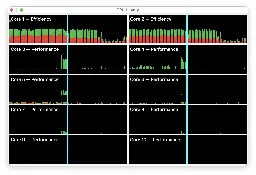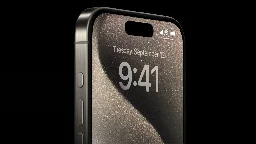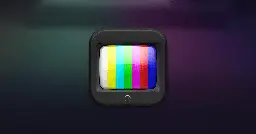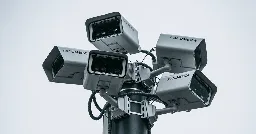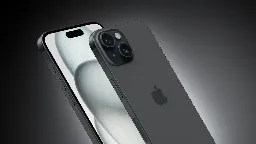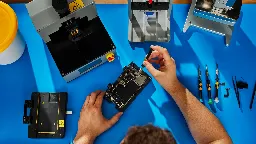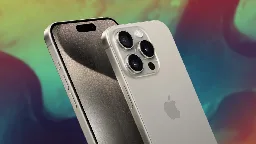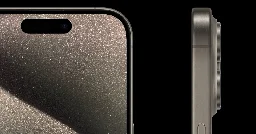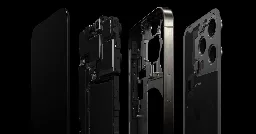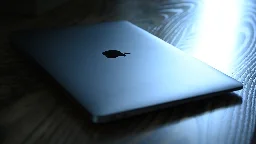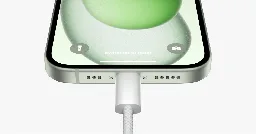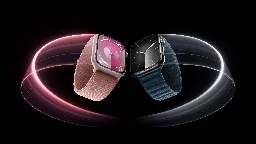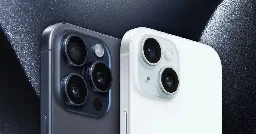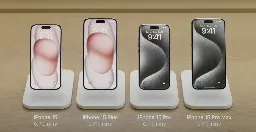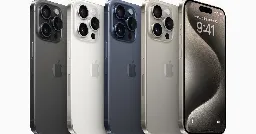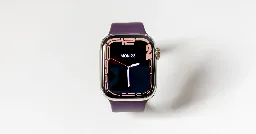What does Game Mode do?
octalfudge @ octalfudge @lemmy.world Posts 133Comments 20Joined 2 yr. ago
Halide creators can turn iPad into an HDMI monitor for cameras and consoles with Orion
Online Safety Bill passes in the UK w/o iMessage impact, but government not giving up
iFixit Lowers iPhone 14's Repairability Score Due to Apple's Parts Pairing Requirement
Apple Answers of All Our iPhone 15 Pro Questions: 'It's Going to be the Best Game Console'
iPhone 15 USB-C port can output significantly more power to accessories than Lightning
Apple Watch Series 9 and Ultra 2 Battery Capacities Revealed in Regulatory Database
iPhone 15 and iPhone 15 Pro now available for pre-order: Pricing, features, USB-C, and more
Here’s why Apple put a Thread radio in the iPhone 15 Pro / Yes, Thread has some cool smart home uses, but the wireless protocol could also replace Bluetooth in other parts of Apple’s ecosystem
Apple announces more iOS 17 features coming later this year: Apple Music updates, Apple ID proximity sign-in, more
Permanently Deleted
